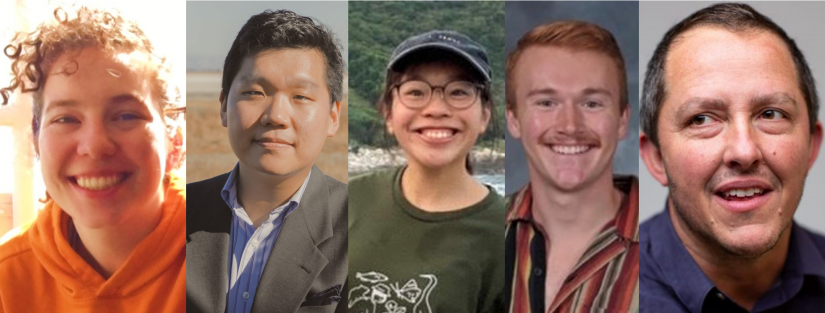Transforming Restoration Science: Multiple Knowledges and Community Research Cogeneration in the Klamath and Duwamish Rivers

SMEA graduates Samantha Klein (’21), James Lee (’21), Sallie Lau (’20), and current SMEA student Bryce Lewis-Smith, along with SMEA Assistant Professor Cleo Wölfle-Hazard and accompanying authors recently published an article in The American Naturalist titled, “Transforming Restoration Science: Multiple Knowledges and Community Research Cogeneration in the Klamath and Duwamish Rivers [journals.uchicago.edu].”
Typical practices in restoration science can perpetuate exclusionary and oppressive paradigms in both ecosystem restoration and restoration policymaking. Drawing on both Indigenous and feminist scientific scholarship, the authors discuss the methodologies and outcomes of two river restoration projects with a critical lens. They use these two case studies to illustrate how decentering Western science in favor of a “multiple sciences” approach can provide a way for scientists to minimize harmful inequities in restoration work while supporting frontline communities who are already spearheading the protection and restoration of their environment.
One of the case studies discussed in this article is a capstone project in which Klein and Lee collaborated with partners in the UW Green Futures Lab and King County, and Wölfle-Hazard along with Associate Professor Emeritus Dave Fluharty served as the project advisors. Lee will be presenting the paper’s findings at the 2022 Restore America’s Estuaries (RAE) Coastal and Estuarine Summit in December.